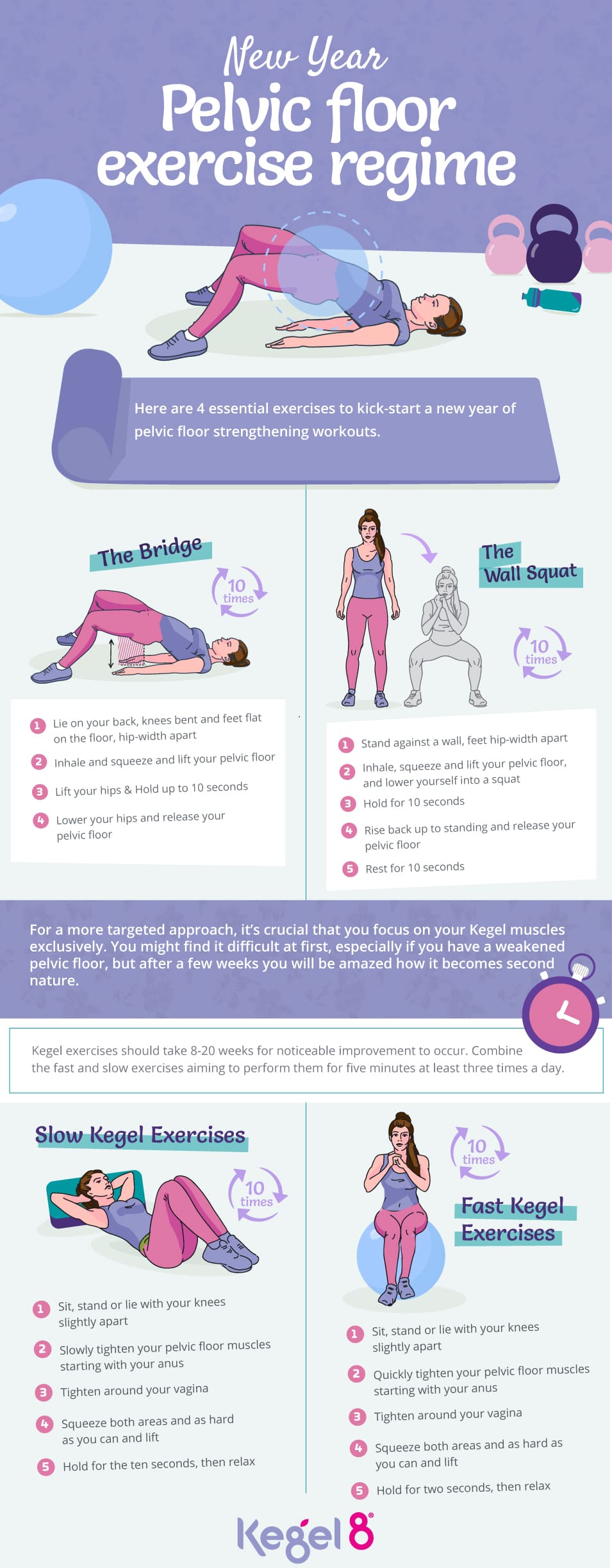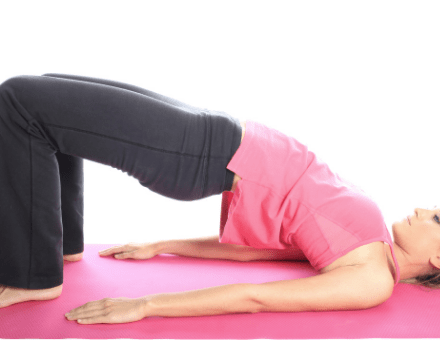Pelvic Floor Exercises Prolapse Nhs

The app is particularly aimed at women who are seeing a specialist physiotherapist for problems connected to their bladder bowels or pelvic floor muscles as it can be tailored to a specific exercise.
Pelvic floor exercises prolapse nhs. Your nurse or physiotherapist will explain how to perform the exercises with the correct technique and how many you should perform. Pelvic organ prolapse happens when the group of muscles and tissues that normally support the pelvic organs called the pelvic floor becomes weakened and cannot hold the organs in place firmly. Strong pelvic floor muscles are essential for good bladder and bowel control. Everyone can benefit from doing pelvic floor exercises.
Movement changes try to tighten your pelvic floor muscles before coughing sneezing and laughing. Pelvic floor muscle training is a proven conservative treatment or preventive for pelvic organ prolapse. The stronger the muscles the greater support they provide. Members of guy s and st thomas nhs foundation trust contribute to the organisation on a voluntary basis.
Designed by chartered physiotherapists specialising in pelvic health working in the nhs squeezy is suitable for all women who want to do pelvic floor muscle exercises or kegel exercises. We count on them for feedback local knowledge and support. Pelvic floor exercises can help strengthen your muscles so that they can give your organs support again. Why are pelvic floor exercises important.
The pelvic floor muscles support the pelvic organs. A number of things can weaken your pelvic floor and increase your chance of developing pelvic organ prolapse. Pelvic floor physical therapy exercises. The pelvic floor muscles are a group of muscles that wrap around the underside of the bladder and rectum.
Strengthening your pelvic floor muscles can help urinary incontinence treat pelvic organ prolapse and make sex better too. Pelvic floor exercises strengthen the muscles around your bladder bottom and vagina or penis. Strong muscles can help to prevent a prolapse dropping further. These muscles form a broad sling running from front to back and as their name suggests they form the floor of your pelvis.
You should also avoid exercises that make pelvic organ prolapse worse including running jumping and skipping avoid lifting heavy objects and avoid strength training exercises such as sit ups and abdominal crunches planks abdominal exercise machines wide leg and machine squats and leg presses. This will improve your bladder or bowel control. Having weak or damaged pelvic floor muscles can make a prolapse more likely. Recent evidence suggests that pelvic floor exercises may help to improve a mild prolapse or reduce the risk of it getting worse.



















